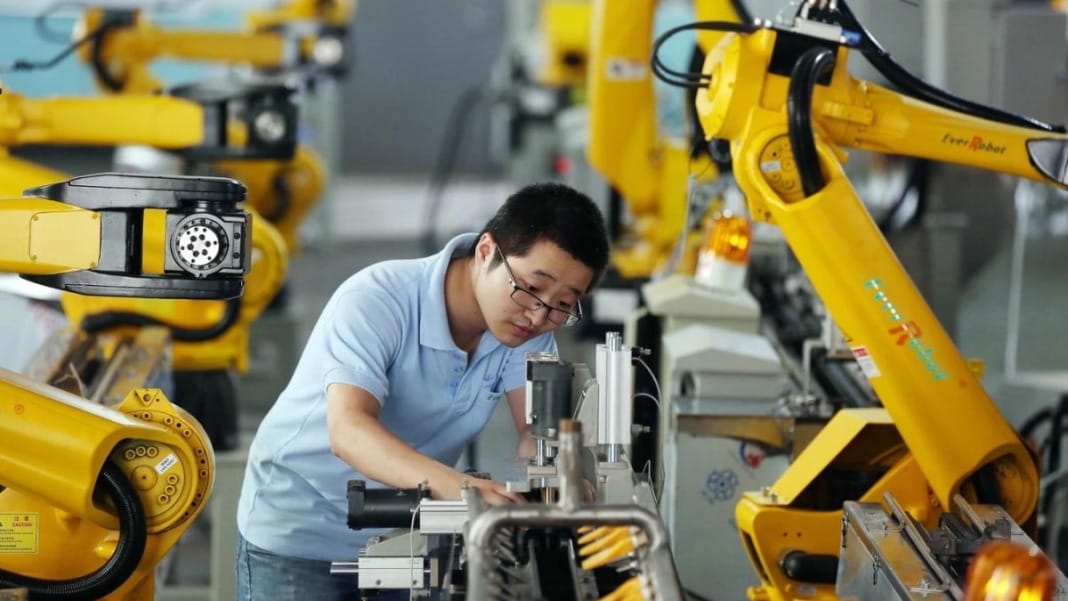If you follow the latest developments in artificial intelligence, you’ll find that bigger models and more data are the keys to success. Jiang Daxin, the founder of Stepfun, a Shanghai-based AI start-up, believes in the power of scaling laws in large language model (LLM) development. Despite challenges like lower investment and a lack of advanced chips in China, Jiang remains optimistic.
Jiang, who used to work at Microsoft, shared his thoughts at the World Artificial Intelligence Conference (WAIC) in Shanghai. He predicts that LLMs will eventually reach hundreds of trillions of parameters, greatly enhancing their capabilities.
The promise of scaling laws
Scaling laws are all about the relationship between an AI model’s performance and its number of parameters. Generally, larger models perform better, especially with more data and excellent computational resources, although the improvements can slow down after a certain point. Big tech companies invest heavily in advanced technology, particularly Nvidia’s H100 chips, to maximize performance.
Jiang highlighted this trend in his talk. “The advancements in OpenAI’s GPT series, which powers ChatGPT, and the massive investments in supercomputing centers by companies like Amazon, Microsoft, and Meta show that scaling laws work,” he said on Saturday. However, he cautioned that the availability of data, skilled personnel, and concerns about return on investment could affect the pace of these advancements.
Since OpenAI launched ChatGPT in late 2022, Chinese tech giants and start-ups have been eager to develop their LLMs. China has over 200 AI models, including Alibaba’s Tongyi Qianwen and Baidu’s Ernie. Alibaba owns the South China Morning Post, which reported this news. Yet, many Chinese AI firms struggle to match the spending power of their US counterparts and focus instead on revenue-generating applications.
Stepfun’s innovative models
Founded in April 2023, Stepfun has been dedicated to developing fundamental models. At WAIC, the company launched Step-2, a trillion-parameter LLM, along with the Step-1.5V multimodal model and the Step-1X image generation model.
Jiang also emphasized the importance of multimodality in creating a comprehensive AI. Multimodal models can process visual and other data types to develop internal representations of the external world. He explained that Stepfun aims to combine generative and comprehension abilities in a single model.
Stepfun also offers consumer-facing products, such as Yuewen, a ChatGPT-like personal assistant, and Maopaoya, an AI companion that can take on various character personalities.
The future of AI investment
“Last year, global AI investments reached US$22.4 billion, with 70 to 80 percent going to companies developing large models,” said Alex Zhou Zhifeng, managing partner at Qiming Venture Partners, at another WAIC side event. Qiming was an early investor in Stepfun.
Zhou noted that more investments in AI applications are expected soon, partly due to decreasing token costs. In AI, a token is a basic data unit processed by algorithms.
Peng Wensheng, an economist at China International Capital, added that China’s AI model market is projected to reach about 5.2 trillion yuan (US$715.1 billion) by 2030. The size of the size of the industrial AI market is expected to be around 9.4 trillion yuan.
This optimistic outlook suggests a bright future for AI development in China, driven by the potential of scaling laws and innovative models like those from Stepfun.





